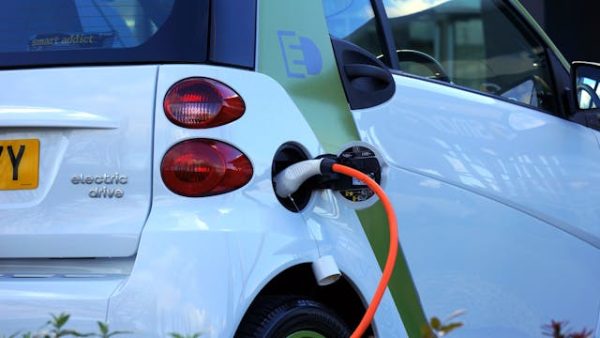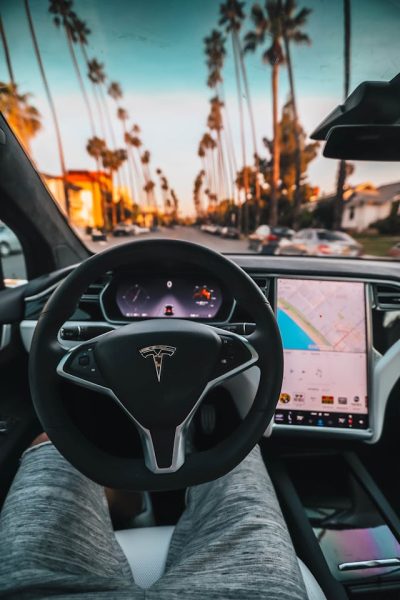The automotive industry is undergoing a significant transformation, driven by rapid technological advancements and shifting consumer preferences.
Last April, the Biden administration introduced regulations aiming to make the majority of new car and light truck sales all-electric or hybrid by 2032. This is driving innovation across the industry by forcing manufacturers into action, so what are the key developments on the horizon?

The rise of electric vehicles (EVs)
EV sales in the United States jumped by 52% in 2023, taking its market share to over 7%. Major manufacturers including General Motors and Ford are investing heavily in electric models, with plans to phase out internal combustion engines over the next decade.
Even fundamental EV components are evolving. Terminal block strips, essential for electrical connections, are being redesigned to support the complex electrical architectures. This helps ensure reliable performance as these systems grow more sophisticated and intricate.

Advancements in autonomous driving
Autonomous driving technology is advancing swiftly. Companies like Waymo, a subsidiary of Alphabet Inc., are developing artificial intelligence that enables cars to navigate without human input. Waymo has been testing self-driving vehicles on public roads in San Francisco, Phoenix, and Los Angeles aiming to improve road safety and reduce congestion.
At the end of 2023, Waymo analyzed 7.1 million driverless miles in the three cities. They discovered that driverless cars were 6.8 times less likely to be involved in an injury-causing crash compared to human drivers.
Connected car technology
Vehicles have integrated the Internet of Things (IoT) and now offer features like real-time traffic updates, remote diagnostics, and over-the-air software updates. For instance, Tesla’s vehicles receive regular updates this way, enhancing performance and adding new features.
Innovations in safety features
Advanced Driver-Assistance Systems (ADAS), such as adaptive cruise control and lane-keeping assist, are becoming standard. According to the National Highway Traffic Safety Administration (NHTSA), these technologies could lead to a reduction in road accidents.
Automatic emergency braking and collision avoidance systems are also being refined to protect both drivers and pedestrians.
Sustainability and eco-friendly practices
Manufacturers are adopting eco-friendly practices, from using recycled materials to reducing emissions during production.
Ford opened a $2 billion center in Cologne in 2023 that uses renewable energy and proudly houses the world’s first carbon-neutral assembly line. Such initiatives not only lessen environmental impact but also appeal to increasingly eco-conscious consumers.
A bright future
Advances in automotive technology are set to provide vehicles that are more efficient, safer, and environmentally sustainable.
Advancements like autonomous driving and green manufacturing are set to reshape the landscape, enhancing daily life and contributing to the protection of the environment.

